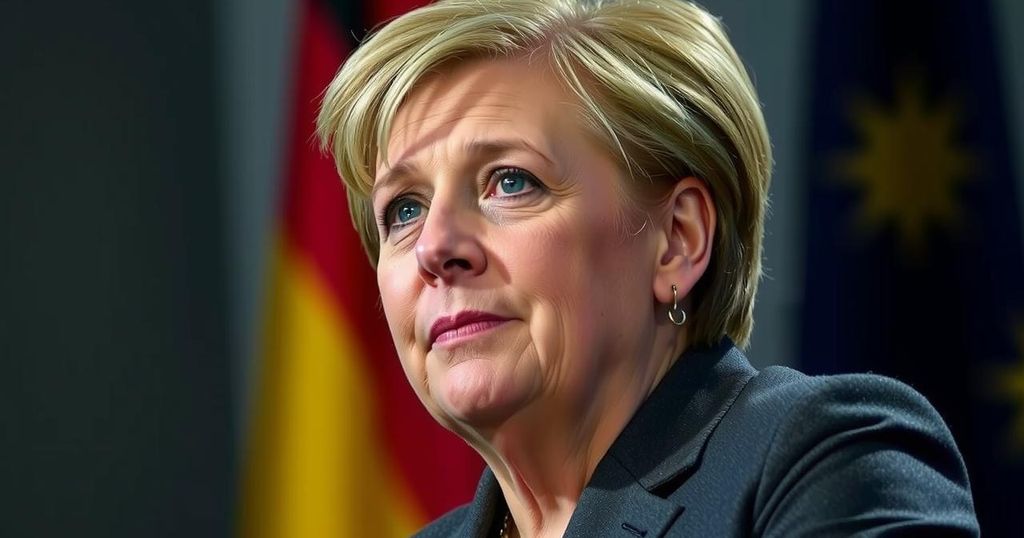World news
AIR FORCE, ALICE WEIDEL, ASIA, BLACKROCK, BUNDESTAG, CDU, CHINA, CHRISTIAN LINDNER, DEFENSE SPENDING, EUROPE, FDP, FRIEDRICH MERZ, GERMANY, GOVERNANCE, GOVERNMENT, HABECK, HAMBURG, IMMIGRATION POLICY, LIN, LINDNER, MER, MERZ, MEXICO, NORTH AMERICA, OLAF SCHOLZ, POLITICS, POPULISM, ROBERT HABECK, SAUERLAND, SCHOLZ, SRI LANKA, SWITZERLAND, WEIDEL
Daniel O'Connor
0 Comments
Candidates for Germany’s 2025 Chancellor Race
Ahead of the February 23 snap elections, Germany has nominated a diverse lineup of chancellor candidates, including Olaf Scholz (SPD), Friedrich Merz (CDU), Robert Habeck (Greens), Alice Weidel (AfD), Christian Lindner (FDP), Sahra Wagenknecht (BSW), and Jan van Aken (Left Party). Each candidate presents unique qualifications and political views, shaping the competitive landscape of German politics going into the elections.
As Germany approaches its snap elections scheduled for February 23, 2025, political parties have nominated their leading candidates for the chancellorship. The candidates represent a diverse range of political ideologies and backgrounds, providing voters with distinct options in this pivotal election. The current Chancellor, Olaf Scholz of the Social Democratic Party (SPD), seeks reelection amid low public support and perceptions of bureaucratic arrogance. Friedrich Merz, from the Christian Democratic Union (CDU), is noted for his conservative stance and extensive career in business and politics.
Greens candidate Robert Habeck presents a contrast with his pragmatic approach and relatable persona, while Alice Weidel of the Alternative for Germany (AfD) is known for her provocative rhetoric and far-right views. The finance minister and leader of the Free Democrats, Christian Lindner, has a reputation for being media-savvy and stylish. Meanwhile, Sahra Wagenknecht of the Left Party espouses populist rhetoric and anti-migration sentiments, fighting for her party’s relevance in the elections. Jan van Aken, also from the Left Party, emphasizes his extensive background in science and international relations, as he works to secure political support.
The 2025 German federal election is critical as political dynamics continue to evolve within the country. As parties mobilize their candidates, this election is characterized by heightened competition among established political factions and emerging voices. Each candidate brings unique perspectives shaped by their professional backgrounds and political experiences, reflecting broader societal issues such as economic policy, immigration, and environmental concerns. Voter sentiment remains a crucial factor given the varying levels of support for each candidate. Understanding these candidates helps to navigate the complexities of the upcoming political landscape in Germany.
In summary, the forthcoming 2025 German elections present a diverse field of candidates, each embodying distinct political ideologies and public personas. Olaf Scholz, Friedrich Merz, Robert Habeck, Alice Weidel, Christian Lindner, Sahra Wagenknecht, and Jan van Aken each contribute to the rich political tapestry facing German voters. As the election date approaches, the effectiveness of these candidates in addressing voter concerns and ideological divides will significantly influence the outcome of this critical juncture in Germany’s political future.
Original Source: www.dw.com




Post Comment